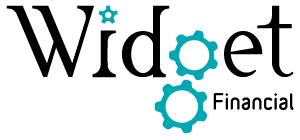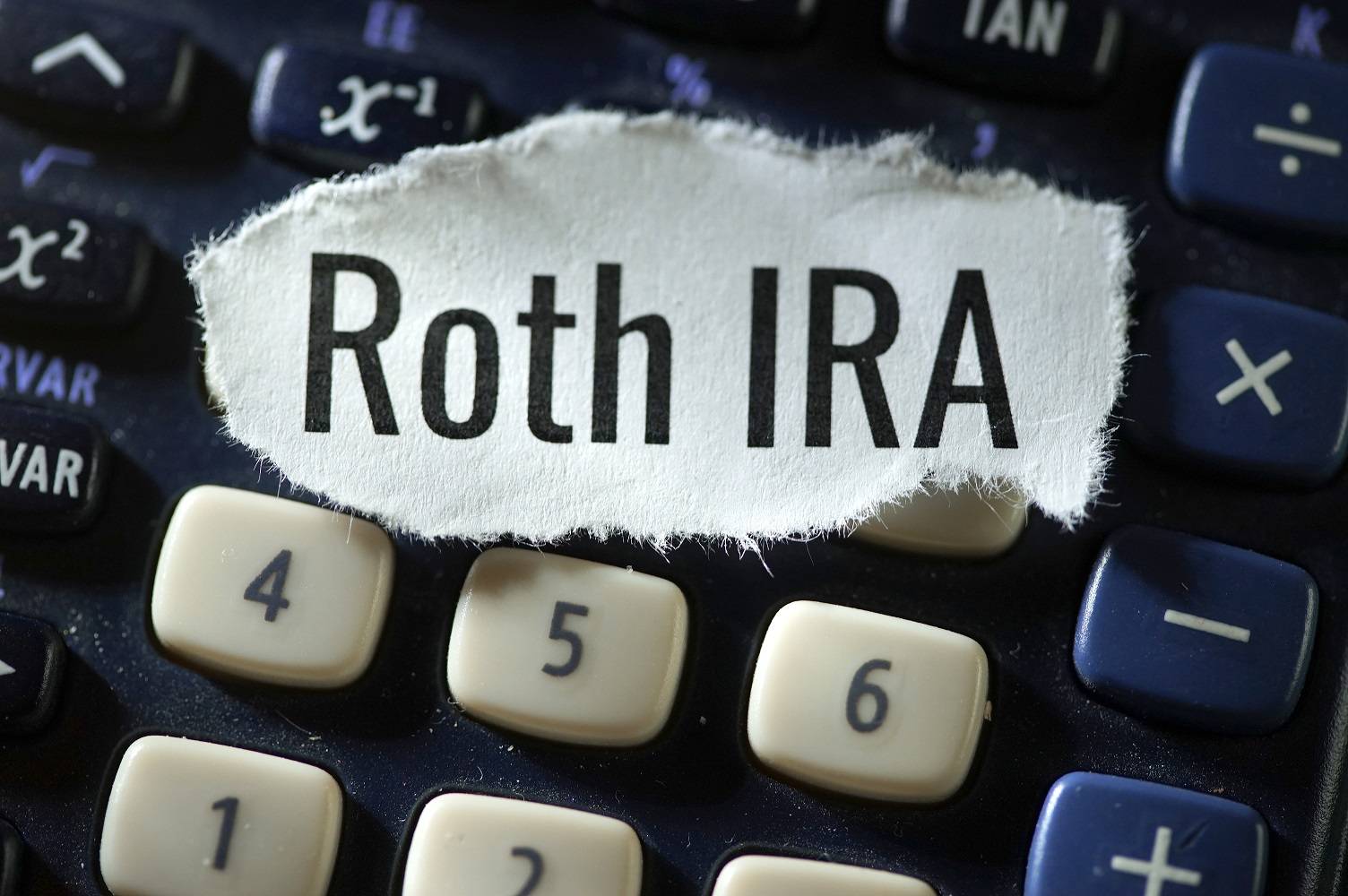Small businesses play a significant role in labor markets. They employ 61.7 million Americans, 46.4 percent of all private-sector employees. Over the period from 1995 to the present, small businesses have been responsible for generating 17.3 million net new jobs, which accounts for an impressive 62.7 percent of all jobs created since 1995.1
Small business owners may find it challenging to find ways to provide additional benefits to their children who work for the company. One often overlooked choice is including a Roth individual retirement account (IRA) as part of their compensation, a strategy that offers the potential to benefit both the children and the business.
The Basics of a Roth IRA
A Roth IRA is a tax-advantaged investment account that allows individuals to contribute after-tax income. Unlike in traditional IRAs, contributions to a Roth IRA are not tax deductible, as their advantage lies in the tax-free growth potential and tax-free withdrawals in retirement.
Roth IRA contributions are phased out for taxpayers with adjusted gross incomes (AGIs) above a certain amount. To qualify for the tax-free and penalty-free withdrawal of earnings, Roth IRA distributions must meet a five-year holding requirement and occur after age 59½. Tax-free and penalty-free withdrawals can also be taken under certain other circumstances, such as the owner’s death. The original Roth IRA owner is not required to take minimum annual withdrawals.
Utilizing a Roth IRA for Compensation
To contribute to a Roth IRA, the working family member must have earned income. This requirement creates a unique opportunity for small business owners to include their children as employees and compensate them accordingly. In this scenario, the fact that the child is likely in a very low tax bracket is an advantage, meaning that a smaller percentage is paid up front.
Building a Foundation for the Future
Not everyone knows that Roth IRA funds can be used for various purposes before the age of 59½, such as purchasing a first home, covering educational expenses, and even paying medical costs. Consistent contributions from a young age can accumulate into a substantial account. Imagine that a child starts working at 8 and continues until 16, and the small business contributes to a Roth IRA. Upon reaching adulthood, the child could have a sizable sum saved for milestones such as purchasing a house or funding a college education.
Seeding Financial Success
Although the initial contributions may seem small, the long-term benefits of including a Roth IRA in a child’s compensation package are significant. It not only establishes a solid financial foundation but also instills valuable lessons about saving, investing, and preparing for the future. By involving a financial professional, parents can ensure that their children receive guidance as they transition into adulthood.
Preparing for the Next Generation
Managing money for the next generation has gained considerable attention in recent years. As businesses and families prepare their financial legacies, strategies such as including a Roth IRA in compensation packages are becoming increasingly popular. By working with a financial professional, families can navigate the complexities of wealth management. If you own a small business, including a Roth IRA in your children’s compensation package could be a game-changer. With the potential for tax-free growth and a range of permitted uses, this strategy can provide numerous benefits and potentially greater financial success.
1. Advocacy.sba.gov, March 7, 2023







